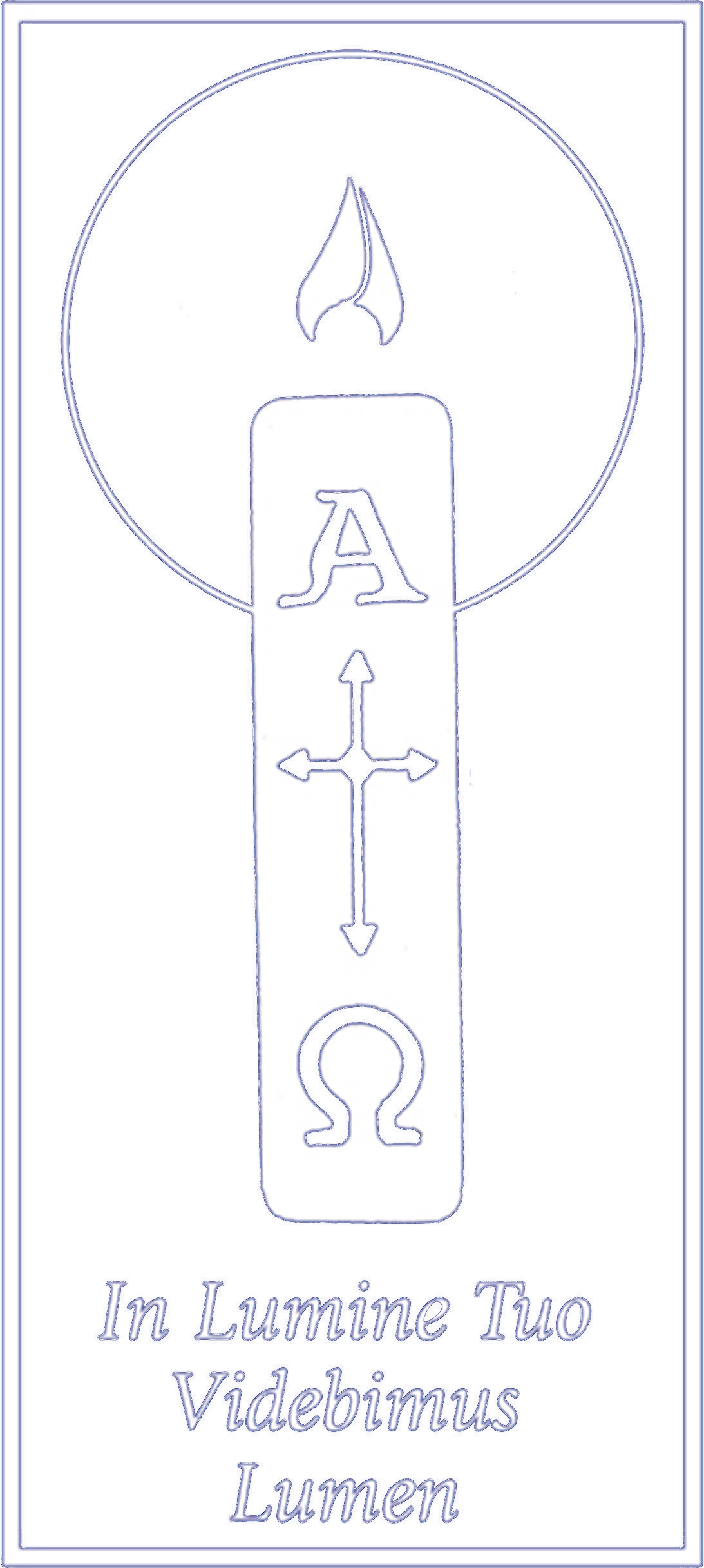The Revolt of the Masses and the Suicide of Civilization

John McCormickUniversity of Chicago
Daniel Wasserman-SolerLumen Christi Institute
Open to current undergraduate students at the University of Chicago. Registration is capped at 20. Students who register after capacity has been reached will be put on a waitlist. All registrants will be provided with a free copy of the text. This seminar and the Nicklin Fellows are cosponsored by the First Analysis Institute.
“As they say in the United States: 'to be different is to be indecent.' The mass crushes beneath it everything that is different, everything that is excellent, individual, qualified, and select. Anybody who is not like everybody, who does not think like everybody, runs the risk of being eliminated.”
We live in a world of mass media, mass markets, mass hysteria. It is no wonder, then, that we have become what the 20th century Spanish philosopher Jose Ortega y Gasset called “mass man.” While we are constantly making the world around us a better place to live in, we neglect to make ourselves better persons. We have lost even the aspiration for excellence.
In this dinner-time seminar, we will read Ortega's masterpiece, The Revolt of the Masses, in order to examine how our culture has lost something essential, and what it means to be more than a face in the crowd.
SCHEDULE
6:00 PM Dinner | 6:15 PM Discussion | 7:30 PM Close
October 11th: Who is the Mass Man?
Revolt of the Masses: § 1, 2, 3, 6
October 25th : Nobility and vulgarity
Revolt of the Masses: § 7, 8, 9
November 8th: Specialization and the State
Revolt of the Masses: § 11, 12, 13, 15
This event is part of Lumen Christi’s Fundamental Questions seminar, a quarterly reading group designed for undergraduate students at the University of Chicago. By fostering intellectually rigorous conversation around culturally resonant texts, we aim to allow students to experience the force of the deep existential concerns which animate our lives: “Where do my values come from? What is the good life? How can I become happy?” Our aim is not to answer such fundamental questions, but rather to equip students with the intellectual skills needed to recognize and articulate them for themselves. This group welcomes students from all religious and philosophical backgrounds because existential questions of being are of concern to all.
In addition, undergraduate students who participate in this seminar are eligible to become “Nicklin Fellows.” These fellows will have exclusive access to research and development grant funds to pursue their intellectual interests. Grants can be used to do things like the following:
- Organize a reading group
- Bring a speaker to campus
- Organize a movie night
- Develop and plan future fundamental questions seminars
- Write a paper for a journal
- And more!
John P. McCormick is Professor of Political Science. His research and teaching interests include political thought in Renaissance Florence (specifically, Guicciardini and Machiavelli), 19th and 20th century continental political and social theory (with a focus on Weimar Germany and Central European emigres to the US), the philosophy and sociology of law, the normative dimensions of European integration, and contemporary democratic theory.
Daniel Wasserman-Soler serves as the Executive Director of the Lumen Christi Institute. He holds a Ph.D. in history from the University of Virginia and a B.A. in history from the University of Chicago. He first became acquainted with Lumen Christi as an undergraduate.
As a Fulbright scholar in Spain, he conducted research on the Spanish Empire during the sixteenth-century. His book, Truth in Many Tongues: Religious Conversion and the Languages of the Early Spanish Empire (Penn State, 2020), explores how the Spanish Crown managed an empire of unprecedented linguistic diversity. He also has published articles in the Journal of Early Modern History, Church History, the Medieval History Journal, and History Compass. A native Spanish speaker, he grew up in Miami, where he attended Carmelite and Salesian schools. His wife and five children are members of St. Mary of the Angels Church in Chicago.
Before joining Lumen Christi, Danny was a history professor for ten years, first at Oberlin College and then at Alma College, where he was a tenured associate professor of history, department chair, and director of the first-year seminar program.





